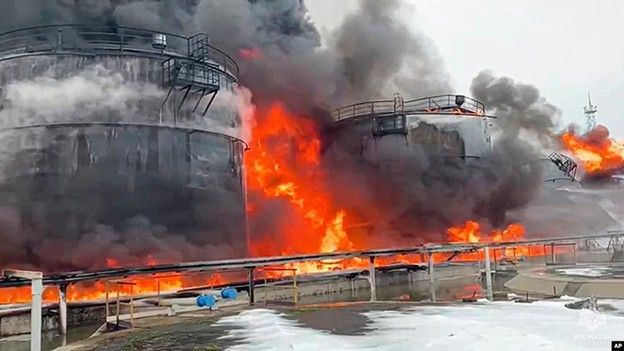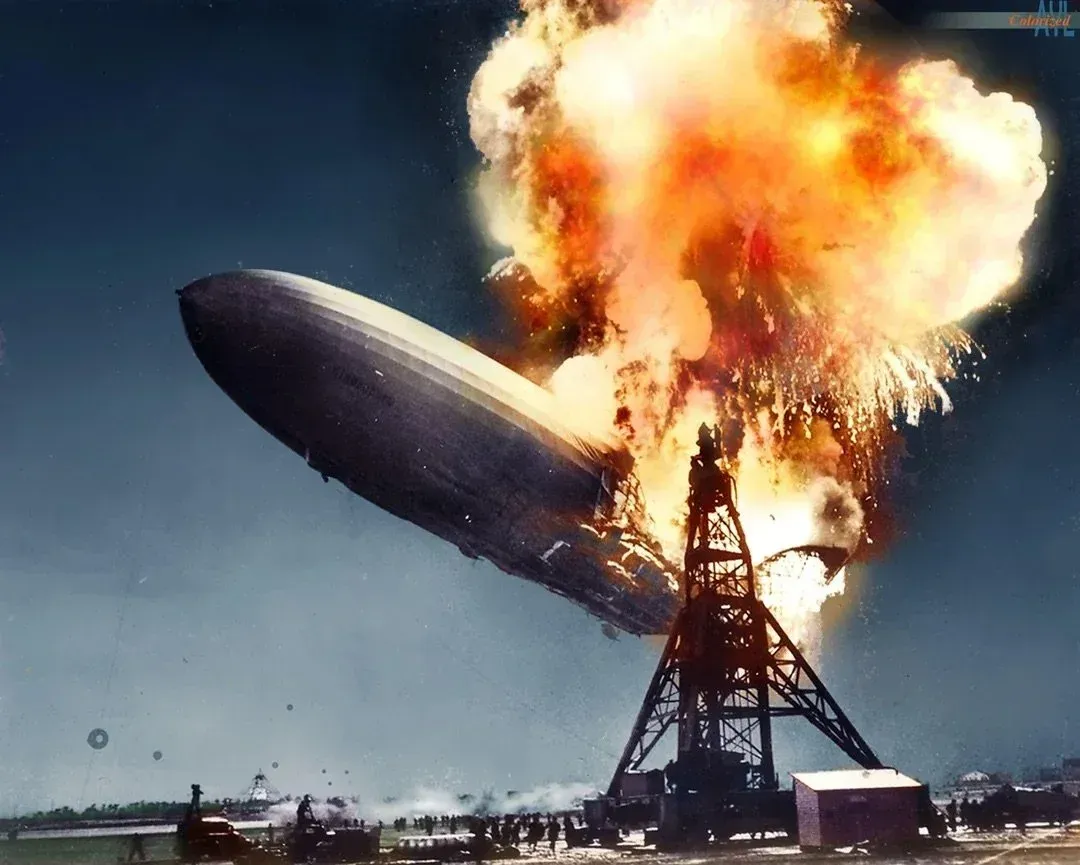Newsroom
Explore our newsroom for our weekly wreck, press releases, and trending topics.
Faulty Assumptions; It’s Just Business
Overview
Wars are typically the ultimate test for nations as in many cases for one or both sides, they have a high potential to become existential events. Because of the massive risks, wars often lay bare faulty assumptions, which have consequences for decades or even centuries. We are in the process of witnessing a massive change, which is likely to have far-reaching effects on sophisticated institutional investors and risk managers.
Wrong Ideas
Historically, war was won by the faction with greater access to capital, supplies, and able-bodied soldiers. An additional consideration might be whether one belligerent is in the midst of a civil war or has long, attenuated supply lines.
Despite the fact that Russia has an economy more than 10 times Ukraine’s, a population base over three times the size, and an army 55% larger, it is faltering. In fact, given Ukraine’s recent strikes on Russia’s energy sector, Russia might have difficulties generating revenues and possibly supplying its troops with fuel. On the equipment side, there also have been problems with Russia’s losing massive amounts of tanks, armored vehicles, and transportation equipment. So, what went wrong?
Sea Change
Our view is the very nature of war has changed and those changes are in the process of bleeding over into the economy. The simple fact is that traditional equipment is ill-prepared to deal with advanced drones, which appear to be updated on a monthly basis. The math is a disaster, with a multimillion-dollar tank being disabled or destroyed by a several-hundred-dollar drone. The math is even more lopsided in the case of ships, where multimillion-dollar ships are destroyed by thousand-dollar sea drones.
Perhaps there is a bigger problem for Russia in that the Ukraine and its Western benefactors are more capable of innovating faster and beating their competition. Ukrainian attacks on energy refinement and transportation infrastructure have the threat of both reducing revenue for Russia and immobilizing Russian troops. Time will tell whether Ukraine will prevail, but as it is, the country lasted far longer than most “experts” predicted.
Implications for Business
Turning to business, perhaps there is a moral here and that is, the innovation cycle has increased rapidly, threatening traditional means of business. Military developments have a history of bleeding into the civilian sector in short order, thereby creating massive threats and opportunities. Some of the more salient developments post-WWII were long-range aircraft transport and nuclear powerplants spurred by the development of Boeing’s B-29
Superfortress,
jet engines, and, of course,
nuclear weapons.
Further, war tends to shift economic, political, and cultural ties between nations, thus shifting opportunities for enterprise.
Implications for Countries
There was a time when most of the world was governed by monarchies, that is a single person would rule the land with the support of a few nobles. For the most part, for the few monarchs that still exist, regality is normally reserved for tourists and ceremonial roles (Buckingham’s Changing of the Guard is a perennial favorite). “True” monarchy is contrary to modern Western mores, which espouse universal human rights, including that of self-governance. Of course, self-governance has practical utility. That is, democratically elected governments are incentivized to be responsive constituents’ concerns, notably economic health (supported by robust legal institutions, fair markets, and efficient capital distribution).
The rapid development of China provides a counterexample, but one could argue the real development occurred under fairly liberal Deng Xiaoping whose pragmatic philosophy was summarized via his cat adage:
"it doesn't matter if a cat is black or white, if it catches mice it's a good cat”
Meanwhile…
Back to Mr. Putin’s special operation. Perhaps Ukraine has found the key to winning the war. If Ukraine is successful at curtailing Russia’s vulnerable energy infrastructure and exporting hubs, it is hard to see how it continues at prior levels. Perhaps the counter-argument is that Putin cannot easily accept a withdrawal.
Conclusion
Businesses are inter-twined with their operating environment. It is imperative that sophisticated institutional investors and risk managers have a nuanced view of current and pending developments.






